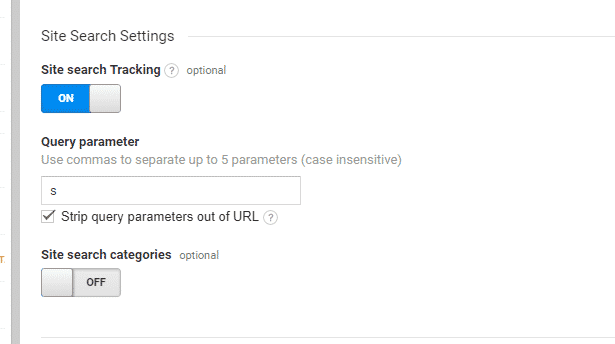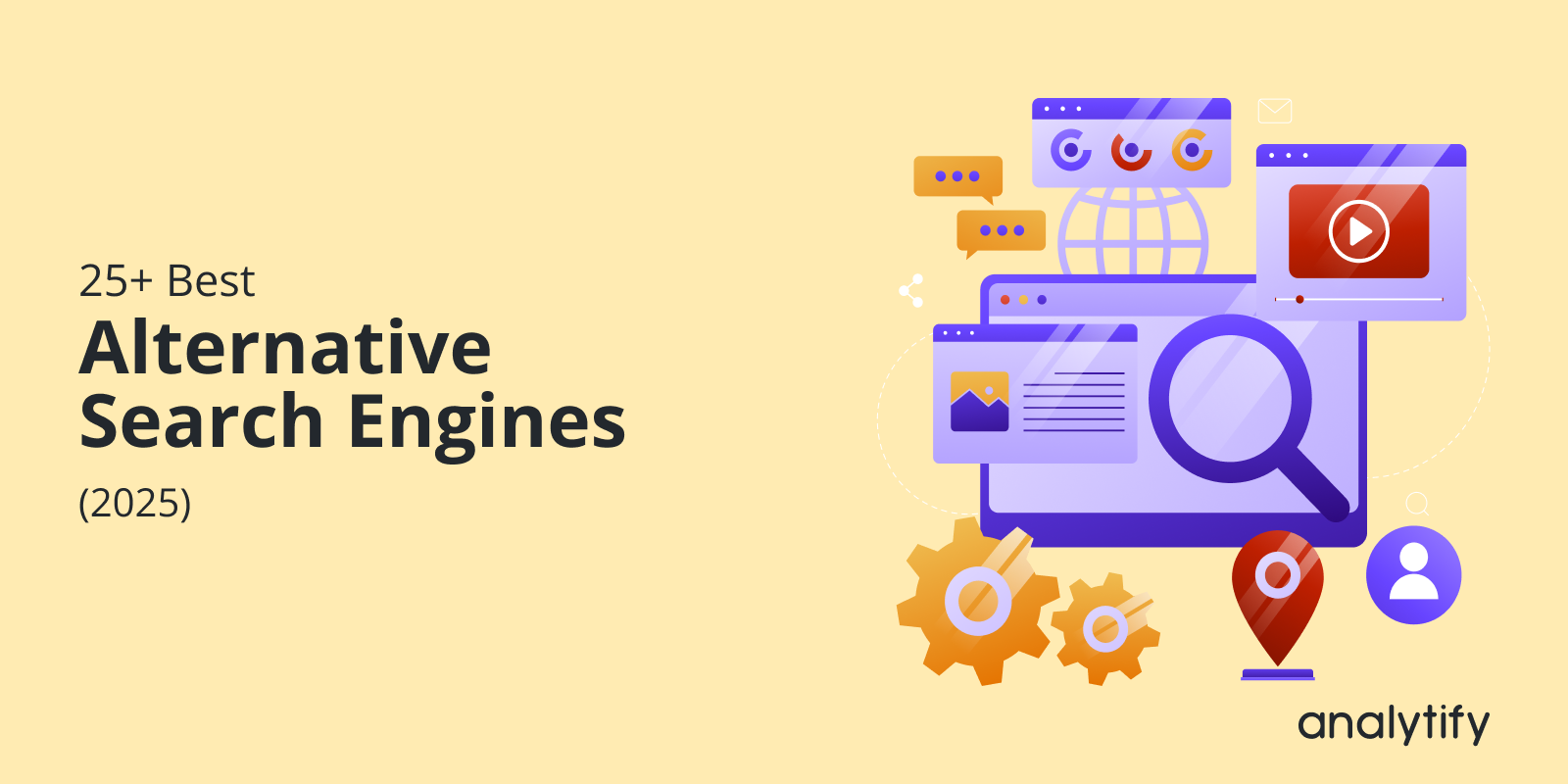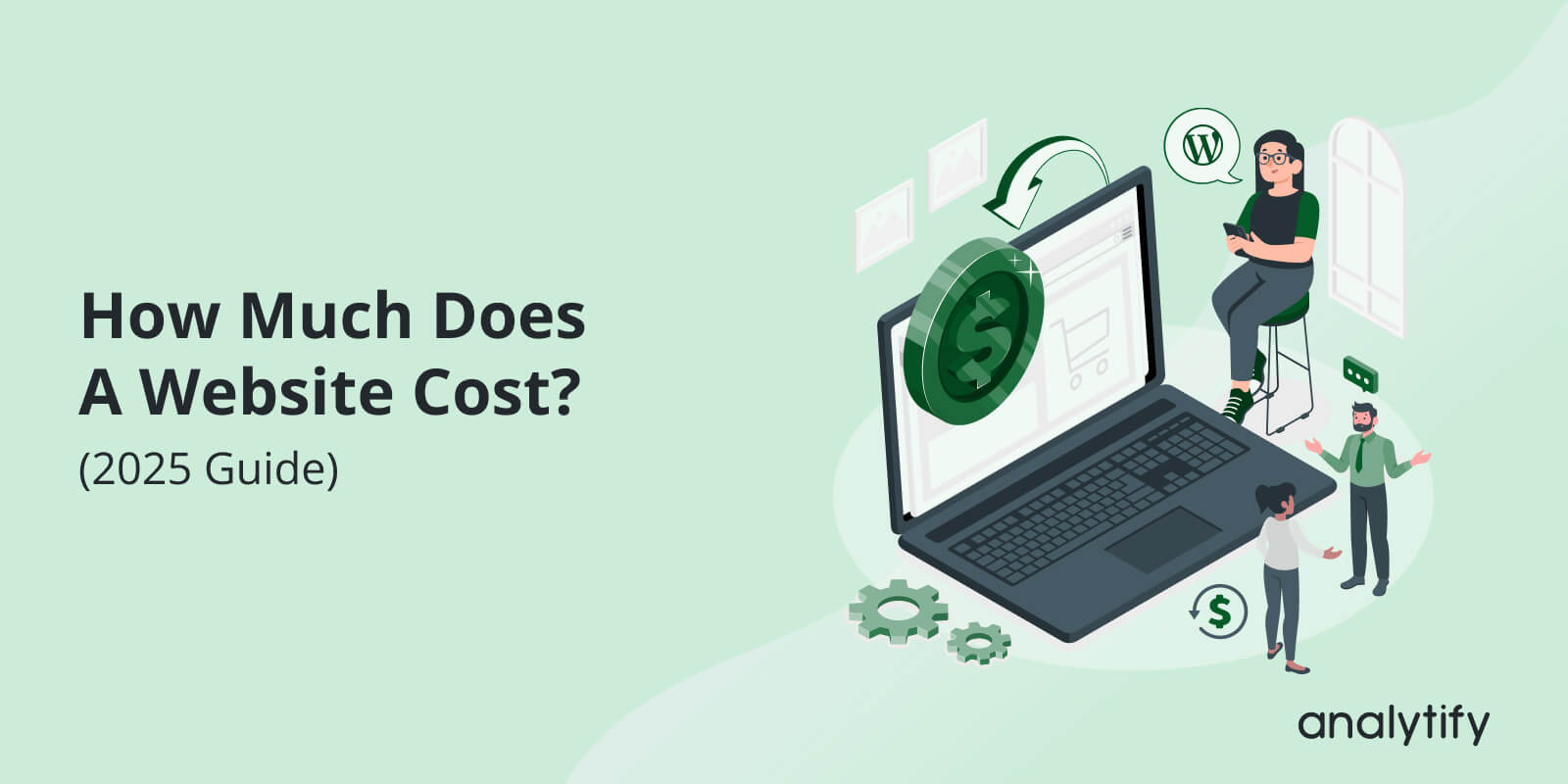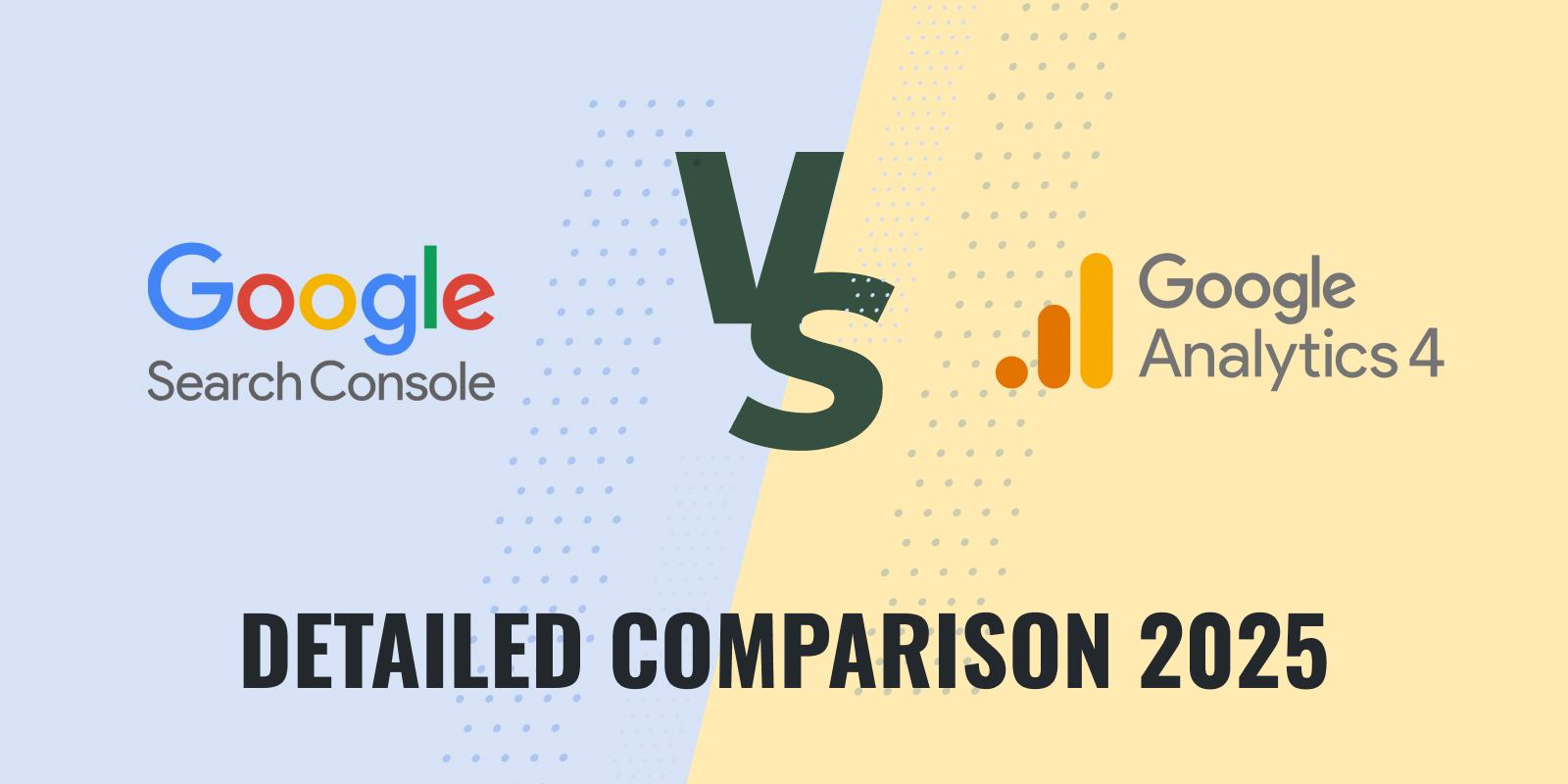Do you want to know how to effectively utilize GA4 site search tracking? This is the guide for you.
Google Analytics 4 (GA4) has significantly changed how we monitor and track website performance. Among these changes is the ability to track GA4 Site Search, a critical feature for businesses and website owners who want to understand what users search for on their site. Tracking site search data can reveal important insights about user intent, content gaps, and areas for improvement on your website.
In this blog, we will explore the benefits of site search tracking in GA4, explain how it works, and provide a step-by-step guide on how to set it up.
Continue reading “Site Search Tracking in GA4 (Google Analytics 4)” →
In the latest version of Analytify, we have added a separate section where you can get stats of site search. To get the site search stats, you need to activate “Site Search” tracking from Google Analytics.
Here are the steps:
1) Log in to Google Analytics and chooses the site in which you’d like to enable search tracking.
2) Click on the Admin Settings from the bottom left.

3) Click on “View Settings“.

4) Click on the slider to turn on the “Site Search Tracking“. Add “s” in “Query parameter” field because WordPress uses “s” query parameter for search purpose. Also, check “Strip query parameters out of URL“.

After that Search tracking will be activated on your site.
AI Search Engine Optimization is transforming the digital landscape, and businesses that fail to adapt may risk falling behind.
With search engines evolving rapidly, powered by AI algorithms that focus on user intent and contextual relevance, understanding how to optimize your content for these advanced systems is essential.
Recent studies show that AI-powered search engines now influence over 50% of online searches, and this number is only set to increase.
In this article, you’ll learn about AI Search Engine Optimization, why it’s becoming crucial in 2025, and how you can use AI technologies to stay ahead of your competition in AI search.
Continue reading “How to Master AI Search Engine Optimization (2025)” →
Are you wondering how to add SEO keywords to your WordPress website to boost rankings? If so, you’re not alone.
SEO keywords are an important part of ensuring your website gets noticed in search engine results. In fact, 93% of online experiences begin with a search engine, which means that, without the right SEO keywords, you’re potentially missing out on a significant amount of traffic.
SEO keywords are used by people to search for something on Google. By strategically placing the right keywords on your website, you’re making it easier for search engines to understand your content and, more importantly, show it to the right audience.
Continue reading “How to Add SEO Keywords in WordPress Website (2025)” →
Ever wondered why some websites get tons of traffic while others flop? It’s not just the design. It’s data. Website traffic analytics tells the real story behind what users do online. And developers? They have more power in this story than most realize.
This guide explains how website traffic analytics works, the key metrics you should be tracking, and how a web developer can influence and optimize those metrics to drive success.
Continue reading “Website Traffic Analytics & How Web Developers Influence It?” →
Are you tired of the same old results every time you hit search on Google? Well, you’re not alone in seeking alternative search engines.
Whether you’re looking for better privacy, unique features, or just a change of user experience, a whole new world of search engines other than Google could perfectly suit your needs.
In this article, we will discuss the 25+ best alternative search engines in 2025. These aren’t just any search engines; they offer distinct advantages that might make you reconsider your daily search habits.
Continue reading “25+ Best Alternative Search Engines Other Than Google (2025)” →
Buckle up, design enthusiasts, because the web design landscape is about to shift. If you are not paying attention, your website is going to look like a relic from the dial-up era.
You have to compel yourself to forget everything you thought you knew about predictable user experiences and static layouts. They just won’t cut it anymore! 2025 is the year when interactive and immersive web design trends reign supreme, with the heavy influence of AI-powered tools and the focus on building genuine connections with website visitors.
Continue reading “15 Website Design Trends in 2025 You Don’t Want to Miss” →
Marketing teams worldwide struggle with a common problem – figuring out how their websites and campaigns look to users in different countries. Google shows completely different search results depending on where you’re searching from, which throws a wrench into international marketing efforts. Location-based variation impacts everything from organic search rankings to paid ad visibility, creating significant blind spots for marketing professionals attempting to expand their global footprint.
This challenge becomes particularly acute for businesses targeting multiple countries simultaneously. When a marketing team in New York tries to understand how their content performs in Tokyo, London, or Sydney, they face an inherent disadvantage without proper tools. The discrepancy between what they see domestically versus what international customers experience can lead to misaligned strategies, wasted budgets, and missed opportunities for connection.
Continue reading “How Marketers Can Use VPNs to Test Google Search Results in Different Countries” →
Are you wondering how much does a website cost?
In 2025, a website will be more than just an online presence. It’s your digital storefront and an important part of your brand’s image. A website is very necessary to start any business. It helps to connect with your customers and viewers. So, it must be perfect. But how much does a website cost?
We cannot exactly measure a website’s cost because it can range from a few hundred dollars to tens of thousands, depending on many factors. In this guide, we will break down those factors to help you understand the website development costs in 2025.
We’ll cover different costs, from domain names and hosting to design and ongoing maintenance.
Continue reading “How Much Does A Website Cost? (2025 Guide)” →
Are you wondering how Google Search Console vs Google Analytics differ? Both are essential tools for understanding your website’s performance, yet serve distinct purposes. Google Analytics tracks user behavior on your website, while Google Search Console on your website’s search performance.
In the GA4 vs GSC comparison, we’ll explore the key similarities and differences between Google Analytics and Google Search Console and how using both tools together can significantly enhance your website’s search optimization strategy.
Let’s get started with the detailed Google Analytics and Search Console comparison!
Continue reading “Google Search Console vs Google Analytics 4” →











